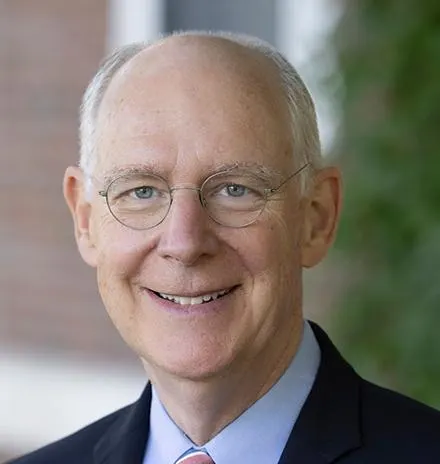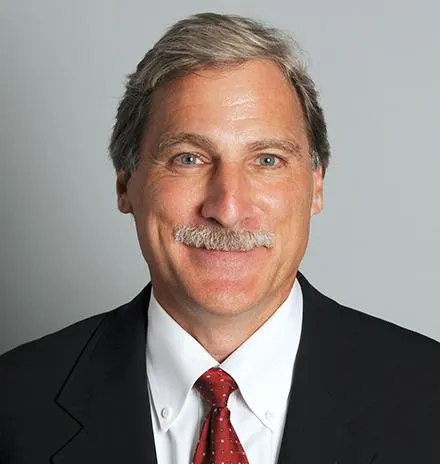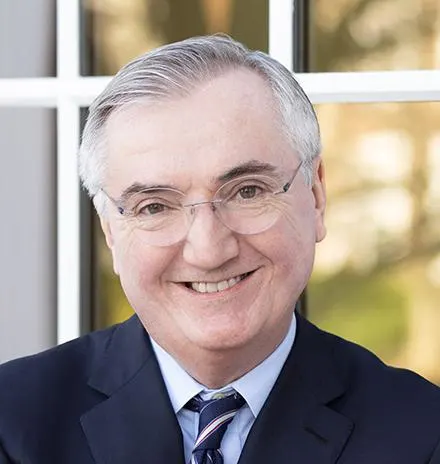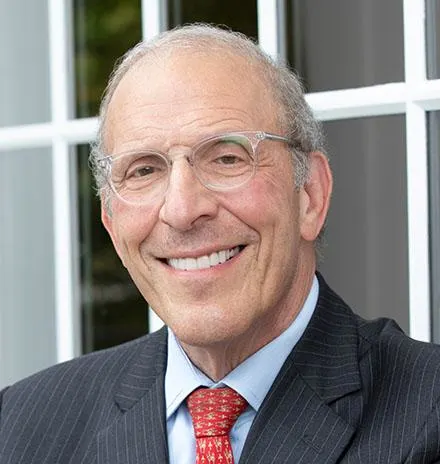
With CEO turnover climbing, many business leaders are trying to hone skills that will keep them at the helm longer.
We asked professors from Harvard Business School’s General Management Unit what qualities distinguish extraordinary leaders from merely average ones. Here’s what they said:
1. They clarify the complex

"They can communicate very clearly and succinctly—usually with short words and short sentences—and even on complex issues. They've developed the skills necessary to really get to the heart of things."
Joseph L. Badaracco, John Shad Professor of Business Ethics and author of the forthcoming book Step Back: How to Bring the Art of Reflection into Your Busy Life.
2. They embrace new thinking

"They resist distilling their work into just one thing! Excellent leaders see nuances, contradictions, possibilities for error, counter-trends, and opposing views. In short, they listen, include many viewpoints, learn from critics, and remain aware that trends could shift quickly. And then they are better armed when they act quickly and decisively."
Rosabeth Moss Kanter (@RosabethKanter), Ernest L. Arbuckle Professor of Business Administration and author of the forthcoming book Think Outside the Building: How Advanced Leaders Can Change the World One Smart Innovation at a Time.
3. They balance confidence and humility
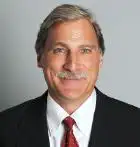
"Great leaders have the ability to act decisively and with confidence to inspire their team while simultaneously displaying a humility that respects and encourages their team’s best efforts. They’re great learners that view successful outcomes as both achieving specific objectives and improving their organization’s ability to deal with its next wave of challenges."
Chester A. Huber, senior lecturer of business administration and former CEO of OnStar.
4. They unite employees around a mission

"Effective leaders communicate the organization’s objective function—what are we trying to accomplish, what’s the definition of victory, how should we measure our success—constantly and broadly within their institution. That ensures alignment and allows them to delegate responsibility for designing and implementing plans to achieve those ends to the maximum degree possible."
Joseph B. Fuller (@JosephBFuller), professor of management practice and co-leader of the HBS Managing the Future of Work initiative.
5.They set high standards
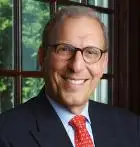
"The answer to this question has proven to be relatively timeless in spite of all of the more recent pronouncements. The classic Handbook of Leadership has defined the effective leader as someone 'who sets high standards and expresses caring.' Virtually all written since this articulation has proven to be a variation on this theme."
Leonard A. Schlesinger, Baker Foundation Professor and co-author of What Great Service Leaders Know and Do.
6. They avoid distractions

“They focus!”
Rebecca M. Henderson (@RebeccaReCap), John and Natty McArthur University Professor and author of the forthcoming book Reimagining Capitalism in a World on Fire.
Image: Eoneren
Related Reading
Related reading from the Working Knowledge Archives
Will Women Leaders Influence the Way We Work?
What do great leaders do differently?
Share your insights below.
